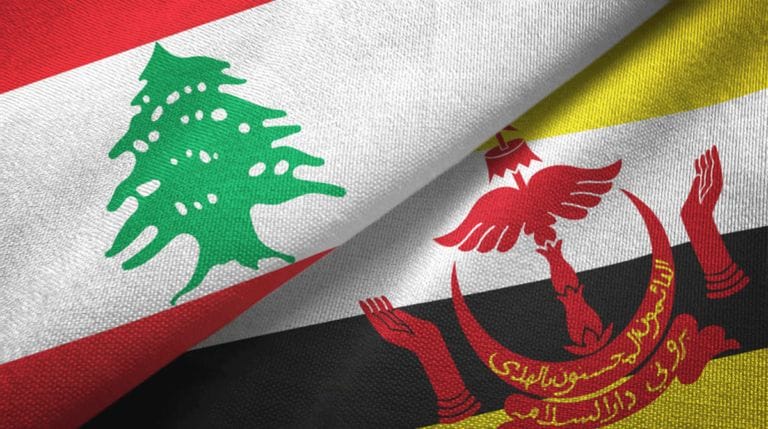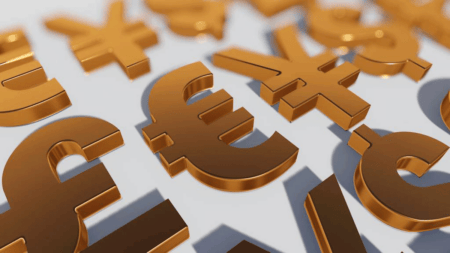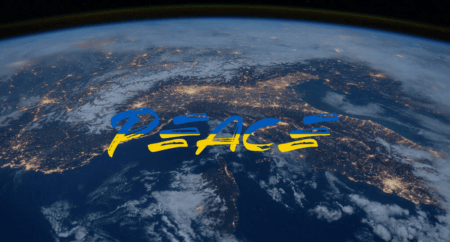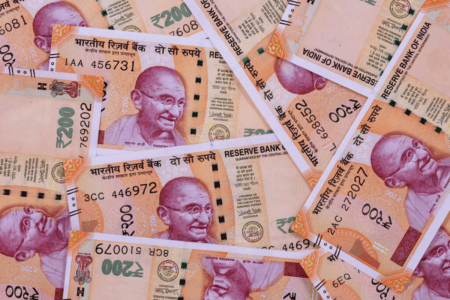In a striking move, Lebanon’s parliament has given the green light to a revised 2024 budget amidst a backdrop of economic turmoil. But experts warn the new fiscal plan falls short of the transformative reforms needed to steer the Middle Eastern nation out of its crippling financial crisis. This decision, forged in the heat of parliamentary debate, casts a stark light on the political strife that has gripped the country and the presidency’s lingering vacancy.
Under this revamped budget, Lebanese officials project a sharp increase in state revenue, fueled by higher VAT and customs fees. Additionally, the budget lays down penalties for entities that profited from the chaos through the central bank’s exchange mechanisms or by gaming the system during subsidy programs. Yet, this strategy has drawn skepticism from economic analysts who contend that the measures fail to tackle the root causes that have plunged over 80% of Lebanon’s populace below the poverty threshold since 2019.
Lebanon’s currency has plummeted, losing approximately 95% of its value, while banks have clamped down on depositors’ access to funds. The crisis, analysts argue, is a direct consequence of unchecked spending and corrupt practices among the nation’s elite, leading to staggering losses, predominantly within the central bank, and culminating in a financial quagmire exceeding $70 billion.
Despite these alarming indicators, entrenched political and economic interests have stalled critical reforms proposed by the International Monetary Fund (IMF)—reforms essential for unlocking a $3 billion aid package. These include overhauling the banking sector and harmonizing the Lebanese pound’s fractured exchange rates.
Read: SBP Reserves Hits 6-Month High at $8.27bn
The IMF has also recommended bolstering social spending to shield the most vulnerable layers of society. Yet, this suggestion seems to have been sidestepped in favor of austerity measures that disproportionately impact middle and lower-income citizens. The budget’s approach to VAT and tax exemptions appears to favor larger corporations, prompting some to call it a fiscal sleight of hand that perpetuates the cycle of decline.
As legislators clashed over the budget’s provisions, some voiced concerns that the budget’s use of varied exchange rates painted an unrealistically rosy picture of state finances. With a projected deficit of zero, the government claims expenditures will match revenues. However, critics like parliamentarian Mark Daou argue this is a mere facade, as a surplus in Lebanese pounds does not translate to adequate funds in actual US dollars.
This skepticism is echoed by The Policy Initiative think tank, which frames the budget as one that unduly burdens those less well-off, while Sami Zoughaib, an economics expert at the same institution, dismisses it as mere “Lebanese economic alchemy” lacking any substantive economic purpose or vision.
As Lebanon stands at this fiscal crossroads, the approval of the amended 2024 budget signifies more than just numbers on balance sheets; it underscores the urgent need for a united political front committed to tangible, sweeping reforms. Without this commitment, the country may continue to spiral, with its citizens bearing the brunt of a protracted financial catastrophe.
What’s your take on this? Let’s know about your thoughts in the comments below!












